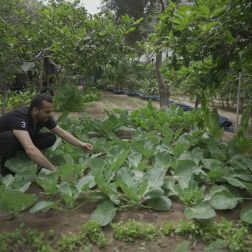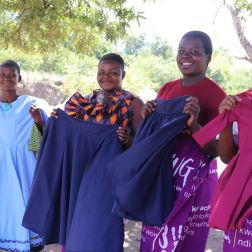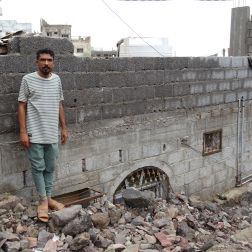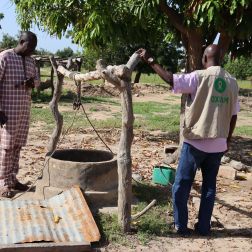- 5 mins read time
- Published: 15th October 2020
On World Food Day, millions of people are still experiencing extreme hunger
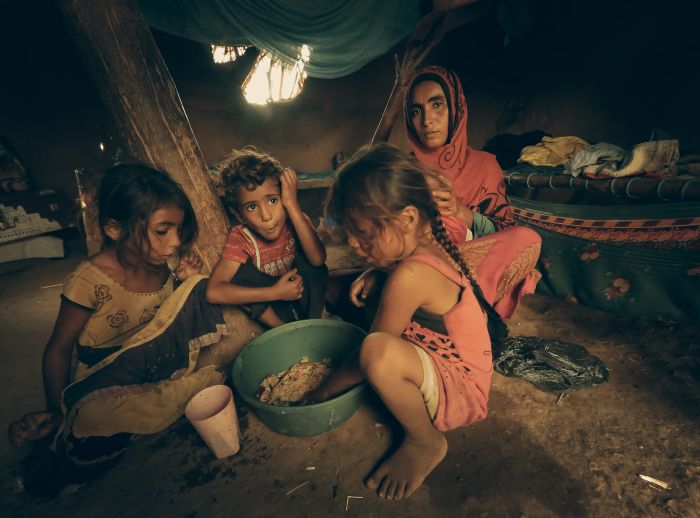
Today, 16 October, marks World Food Day, which is celebrated every year on 16 October to mark the founding of the United Nations’ Food and Agriculture Organisation (FAO). This World Food Day, and with the COVID-19 pandemic still raging, the FAO is calling for global solidarity to help everyone – especially vulnerable communities – recover from the crisis, make food systems more climate resilient, provide decent livelihoods for farmers and food producers, and deliver sustainable, healthy diets for all.
However, the absence of global solidarity cannot be ignored in Oxfam’s latest report, Later Will Be Too Late, which examines how – despite repeated warnings – millions of people around the world are still experiencing extreme hunger.
Hunger was the defining humanitarian crisis of 2017, with northeast Nigeria, Somalia, South Sudan and Yemen on the brink of famine. With 30 million people in dire need of food for survival, the international community responded – halting full famine in all four countries. But while disaster was averted, the $4.6 billion provided made up just 71 percent of the funding needed.
Three years on and the COVID-19 pandemic is the defining global crisis, with the virus contributing to even greater hunger. Worldwide, economies are collapsing and millions of people are struggling to put food on the table. More people are experiencing extreme hunger today than in 2017 – but this time, help does not appear to be coming.
On World Food Day 2020, the countries which were suffering in 2017 continue to experience hunger, but they have been joined by the Democratic Republic of Congo, Afghanistan and Burkina Faso – all of which face serious food insecurity. In all, 55.5 million people are living through a hunger crisis or emergency, with localised famine conditions affecting 40,000 people in South Sudan and 11,300 people in Burkina Faso.
In July of this year, Oxfam’s report The Hunger Virus warned policymakers and the public that “between 6,000 and 12,000 people per day could die from hunger linked to the social and economic impacts of the pandemic before the end of the year”. But the response of the international community has been grossly inadequate.
By the end of September 2020, donors had provided just 28 percent ($2.85 billion) of the $10.19 billion asked for in the UN Global Humanitarian Response Plan for COVID-19. Just $254.4 million was provided out of $2.4 billion requested for food security and a paltry 3.2 percent of the funding asked for was made available for nutrition.
Even in the short term, periods of extreme hunger and famine can destroy a country, affecting its economic progress for generations. Chronic hunger and malnutrition lead to frequent illness, poor school performance, low productivity at work and lower earnings. These people are statistically more likely to experience a lifetime of poverty.
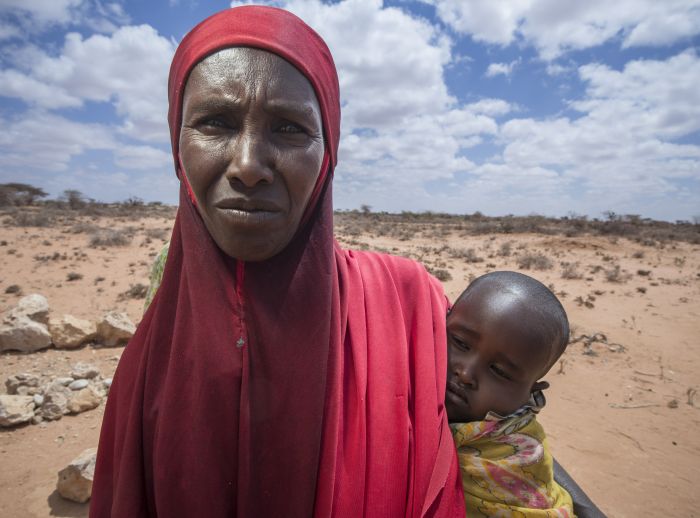
What world leaders must do
- Provide adequate levels of funding for food assistance (in the form of cash or commodities as is most appropriate to the context) and life-saving support now, before more people face severe food insecurity or famine.
- Break the links between war and hunger and allow humanitarian agencies to reach vulnerable communities with aid, even in conflict situations.
- Invest in gender just, resilient food systems: Fairer, gender just, resilient and sustainable food systems must be at the heart of the post-pandemic recovery.
- Invest in small-scale and agro-ecological food production, ensure producers earn a living income by establishing minimum producer prices and other mechanisms, and ensure workers earn a living wage.
- Commit to respond earlier to warning signs of future crises before they escalate.
- Build people’s ability to cope better with future crises. Even without conflict, these countries will remain vulnerable to future food crises – including those from climate change – so investing in livelihoods recovery, resilience building, and disaster risk reduction activities is essential.
- Support robust and inclusive social protection systems as a key requirement to ensure food security.
- Address discrimination faced by women food producers on issues such as access to land, information, credit and technology.
